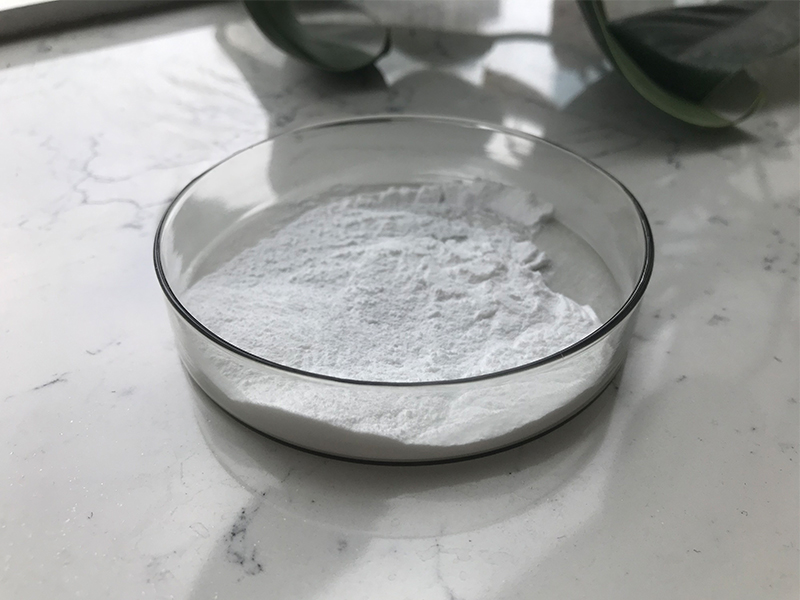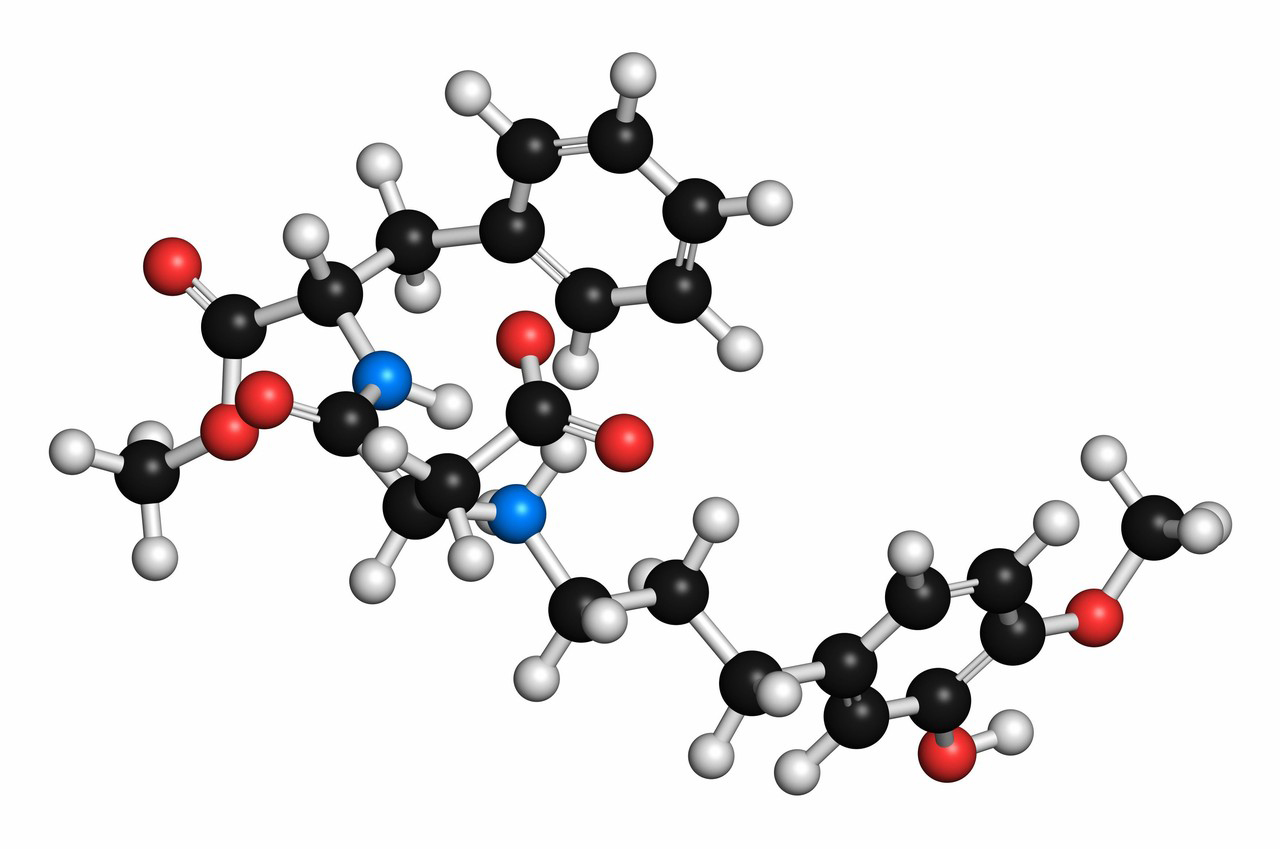Advantame is a non-caloric artificial sweetener that was developed by Ajinomoto, a Japanese company known for its innovations in food and chemical products. It was approved for use as a food additive by the United States Food and Drug Administration (FDA) in 2014.
Here’s a breakdown of its origin, nature, and introduction:
Origin: Advantame is derived from aspartame, which is another artificial sweetener. Aspartame is made by combining aspartic acid and phenylalanine. Advantame is a derivative of aspartame, created by modifying its molecular structure. This modification enhances its sweetness potency, making it much sweeter than aspartame.
Nature: Advantame is a highly potent sweetener, estimated to be around 20,000 times sweeter than sucrose (table sugar). This extreme sweetness allows it to be used in very small quantities, making it suitable for applications where intense sweetness is desired without adding bulk or calories. It is stable under a wide range of pH and temperature conditions, making it suitable for use in various food and beverage products.

Introduction: Advantame was introduced to the market as a high-intensity sweetener option for food and beverage manufacturers seeking alternatives to sugar. Its approval by regulatory bodies like the FDA allowed for its incorporation into various products, including beverages, dairy products, confectionery, and baked goods. The approval process involved rigorous testing for safety and efficacy, ensuring that it met the necessary standards for human consumption.
Advantame offers several advantages over other sweeteners, including its high sweetness potency, stability, and lack of calories, making it a valuable option for those looking to reduce sugar intake without sacrificing sweetness in their diet. However, as with any food additive, it’s essential to use Advantame in moderation and as part of a balanced diet.
The potential benefits of Advantame
Advantame is a high-intensity artificial sweetener that is derived from aspartame. It offers several potential benefits:
Sweetness: Advantame is approximately 20,000 times sweeter than sucrose (table sugar), which means only a tiny amount is needed to achieve the desired sweetness in food and beverages. This makes it highly cost-effective for food manufacturers and beneficial for consumers who are looking to reduce their sugar intake.
Calorie-Free: Like other artificial sweeteners, Advantame is virtually calorie-free. This makes it a suitable option for individuals who are trying to manage their weight or reduce their calorie intake without sacrificing sweetness.
Diabetes Management: Because Advantame does not raise blood sugar levels, it can be safely consumed by individuals with diabetes as part of a balanced diet. It provides a sweet taste without affecting blood glucose levels, which can help people with diabetes satisfy their sweet cravings without worrying about insulin spikes.
Dental Health: Since Advantame does not contribute to tooth decay, it can be beneficial for dental health when used as a sugar substitute. By reducing the consumption of sugary foods and beverages, Advantame can help prevent cavities and promote oral hygiene.

Stability: Advantame is heat-stable and can be used in a wide range of food and beverage applications, including cooking and baking. It does not break down at high temperatures, making it suitable for use in products that require heat processing.
Consumer Choice: Advantame provides consumers with additional options for sweetening their foods and beverages. Its high sweetness intensity allows for the creation of low-calorie and sugar-free products that still taste sweet, catering to the preferences of health-conscious consumers.
Overall, Advantame offers a sweetening solution that can help address various health and dietary concerns while providing the taste and functionality desired in food and beverage products. However, as with any food additive, it’s important to consume Advantame in moderation as part of a balanced diet.
